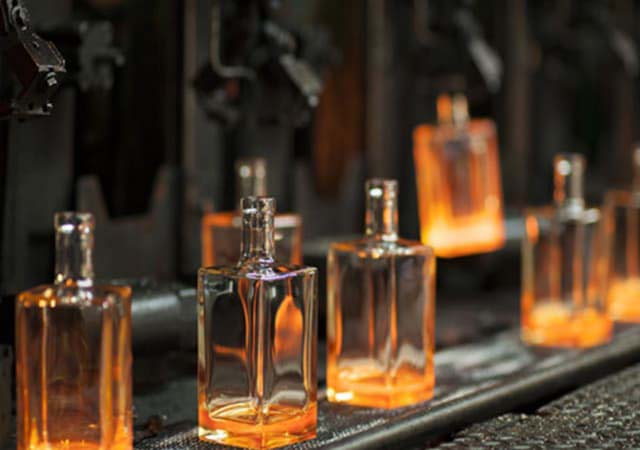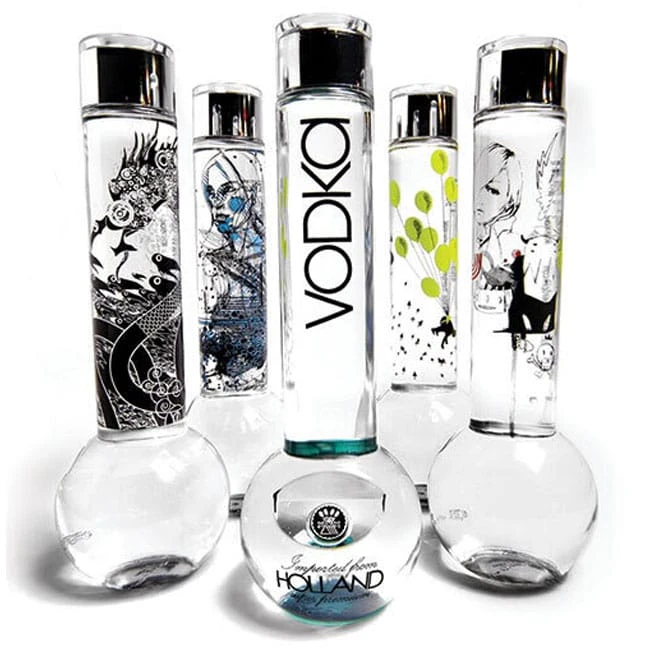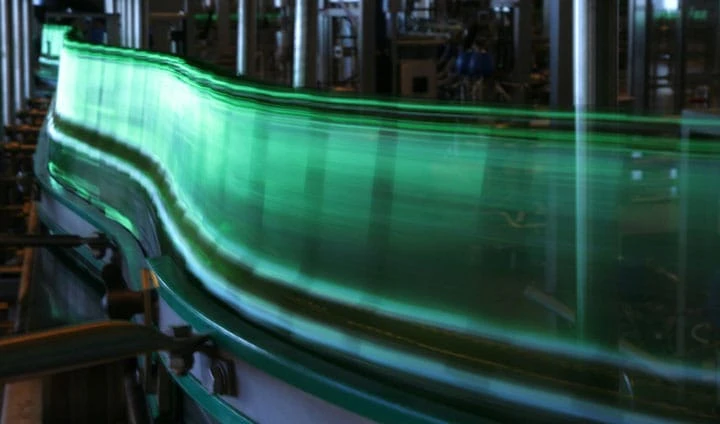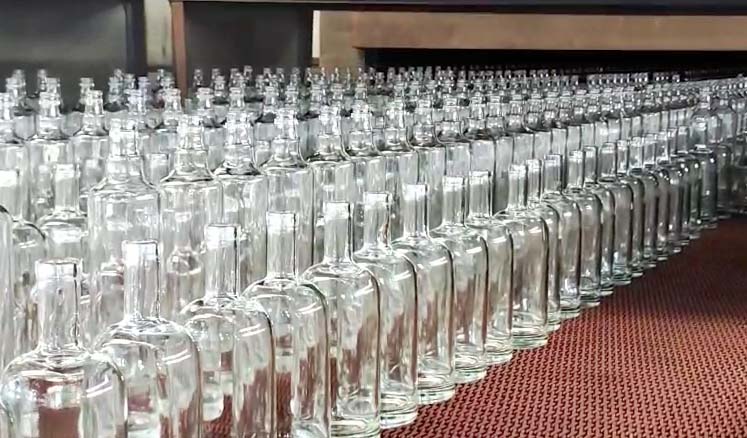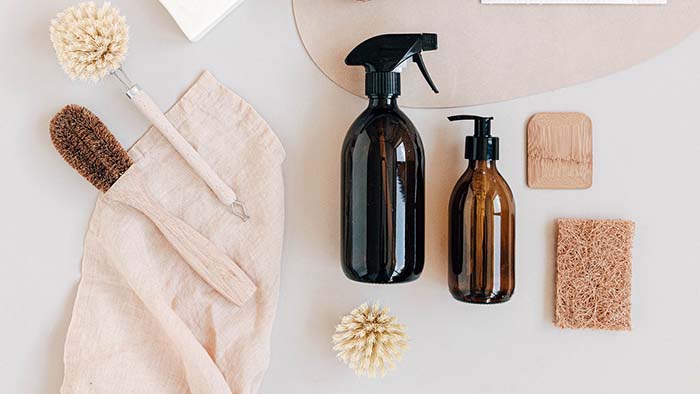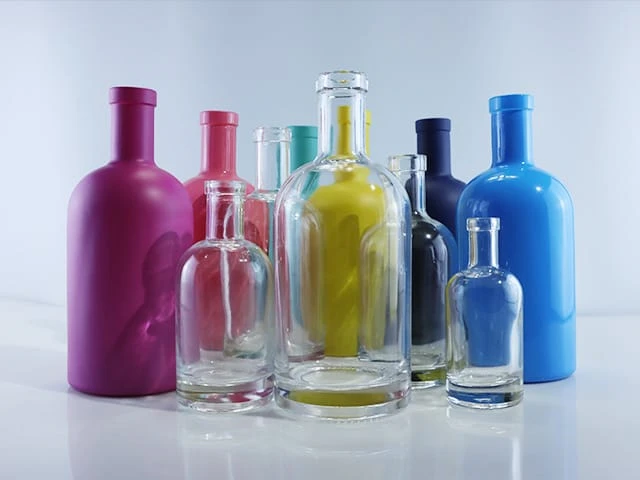Beer bottles are a ubiquitous part of our daily lives, but have you ever stopped to consider why the majority of them are green? In this article, we’ll delve into the fascinating journey of beer bottles, exploring their color choices and the historical and technical reasons behind the prevalence of green glass.
A Brief History of Beer Bottling
The practice of bottling beer dates back to the mid-19th century. Initially, glass manufacturing processes were rudimentary, resulting in bottles that often had a greenish tint. This was primarily due to the presence of impurities such as ferrous ions in the raw materials used to create glass. As a consequence, not only beer bottles but also ink bottles and window glass exhibited this distinct green hue.
Evolution of Glass Manufacturing
As technology advanced, manufacturers began to develop more sophisticated glass production techniques. By the late 19th century, it became possible to produce clearer glass. However, the costs associated with this clearer glass remained high, and brewers soon discovered that green glass offered functional benefits for preserving beer quality. The green tint was found to help delay the degradation of beer flavors, leading to the establishment of green glass bottles as the standard for beer packaging.
To further enhance this green color, manufacturers started adding ferrous oxide and chromium oxide as dyes, solidifying the association of green glass with beer.

The Emergence of Brown Bottles
In the 1930s, research revealed that beer stored in brown bottles maintained its freshness significantly better than that in green bottles. Brown glass effectively blocks harmful light, which can lead to the formation of off-flavors in beer. This degradation is primarily caused by iso-alpha acids in hops reacting with light, producing unpleasant aromas and flavors.
The Science Behind Beer Preservation
When beer is exposed to sunlight, a chemical reaction occurs that can spoil its taste. The iso-alpha acids react with riboflavin (vitamin B2), leading to the creation of compounds that impart a foul odor. Brown bottles, by absorbing most of the light, help inhibit this reaction, making them a preferred choice for many breweries.
After World War II, a shortage of brown bottles forced some renowned beer brands to revert to using green bottles. Due to the high quality of these brands, green bottles soon became synonymous with premium beer, prompting other breweries to adopt this packaging style.
The Colorful World of Glass Bottles
Today, advancements in technology allow for a diverse array of colored glass bottles, but how are these colors achieved? The process of decolorizing green glass involves both chemical and physical techniques.

Techniques for Color Transformation
- Chemical Decolorization: This method utilizes oxidizing agents to remove organic color contaminants from the glass, transforming low-valent iron oxides into ferric iron oxides, which have a much weaker coloring ability.
- Physical Decolorization: This technique involves adding colorants that create complementary colors, effectively counteracting the green hue of the glass.
Additionally, colorless glass can be turned into vibrant stained glass through the addition of various compounds. For example, cobalt oxide creates blue glass, manganese dioxide produces purple glass, and gold compounds are used to achieve ruby-red glass.
Tradition Meets Innovation
Despite the technological advancements in glass production that allow for an array of colors, the tradition of using green beer bottles persists. This practice not only reflects a historical sentiment but also a commitment to quality that many breweries and consumers continue to value.
Conclusion
In summary, the dominance of green beer bottles is a result of a rich history intertwined with tradition, technological advancements, and practical considerations for quality preservation. Whether you’re enjoying a craft beer or a classic lager, the green bottle remains an iconic symbol of the brewing industry.
For businesses looking to invest in quality glass packaging, Valiant Glass offers a wide range of customizable options, including Spirits Bottles, Whiskey Bottles, Vodka Bottles, and more. Embrace the tradition and quality of glass with us today!
If you’re looking for more knowledge of glass bottles, check out the following articles:
– Top 4 Drinking Glass Manufacturers in the U.S
– Top 10 Glass Bottle Manufacturing Companies in India(Latest Updates)
– Top 10 Glass Bottle Manufacturers In The USA
– Why Choose Apple Juice in Small Glass Bottles? A Flavorful Experience
Consult Your Valiant Glass Bottles & Packaging Experts
We help you avoid the pitfalls to deliver the quality and value your glass bottle and jar need, on-time and on-budget.





